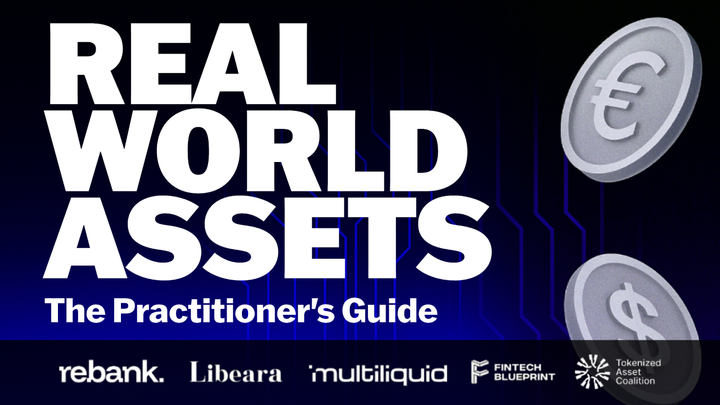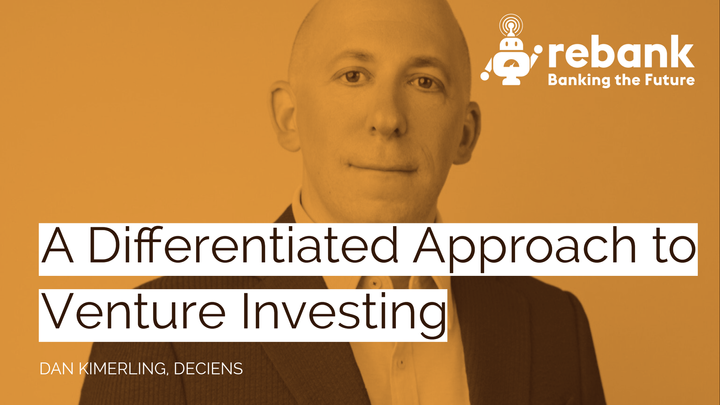Platform Banking and Other Fintech Trends

In Episode 94 of Rebank Podcast, we were joined by Aman Ghei, Principal at Finch Capital, and Nigel Verdon, Co-Founder and CEO of Railsbank.
Here are the key takeaways from that conversation:
Everybody believes in Open Banking, and in time, lots of businesses will benefit from the data access that it enables, but not much has been done yet.
There are two immediate opportunities for companies to use open banking: to make better decisions and to increase conversions. Submitting bank statements as part of any customer journey should not happen anymore.
Right now, categorization of spending is a big open banking use case, be it for budgeting or spend analysis.
Right now, Open Banking covers accessing data from accounts and initiating payments. More broadly, open banking can mean APIs to issue bank accounts, issue cards, to receive money from all schemes and from card transfers, to convert money, manage beneficiaries and more.
If you could easily issue IBANs via an API, businesses could give each customer their own IBAN, making invoice payment reconciliation automatic, freeing up 2-3 weeks’ worth of working capital. If you were to combine that with payment initiation, credit risk would fall dramatically.
Smarter payment initiation and reconciliation could be a massive value-add for large landlords in urban areas, as it could simplify all payments related to property rental and administration.
There is a lot going on in proptech right now, including new options for leveraging deposits that are currently sitting unused in protected accounts, new ways of automating the legal side of home buying, and tokenization of property to make it more accessible/investible.
Nested is a London-based company rethinking the process of buying and selling houses, freeing up capital for homeowners looking to move.
Reinsurers are working with insurtech startups to build direct distribution and deploy excess capital.
Traditional insurers don't have products for gig workers or irregular drivers. On-demand insurance puts pressure on traditional insurers, who would likely see premiums fall by offering it.
There's an opportunity to better price insurance for young drivers.
QED, the Venture Capital firm, published a great deck on utility banking in April. Their view is that a few banking utility providers will specialize in core products like deposits, checking accounts, payments etc and offer those products to all banks via API. There's no reason banks should all build and operate their own products, when there's very little differentiation between products.
One of the big multinational banks is currently working on an API-based core, which it can pipe out to all of it's local country branches and sell to other banks too. Using this platform, banks could effectively outsource onboarding, account opening, maintenance, payments - a complete checking account - to the multinational, and focus on customer acquisition and differentiation.
Banks in the West have always sought to force customers to use their apps or websites in order to interact with their banking. In China, this is not the case, and WeChat is the result. Banks in the West are starting to get on board with offering data out to other apps to help customers achieve the experiences they want, where they want them.
There are better ways for big banks with low funding costs to work with smaller banks and fintechs focused on niche, higher yielding deal origination. Creative banks and entrepreneurs will find new ways to capitalize on this opportunity.



